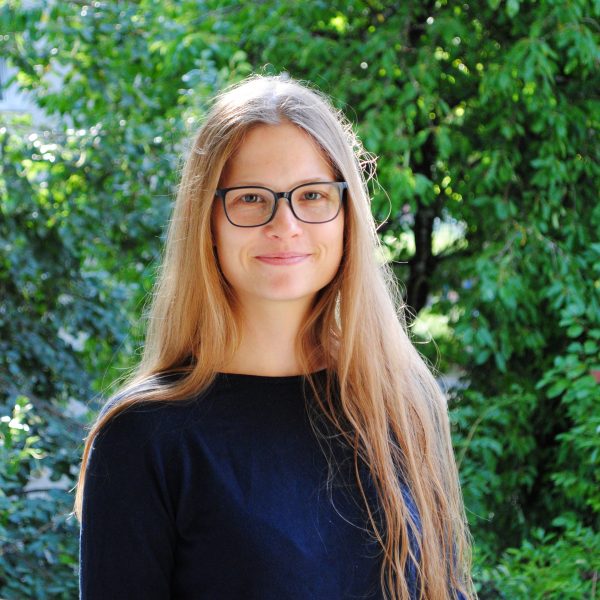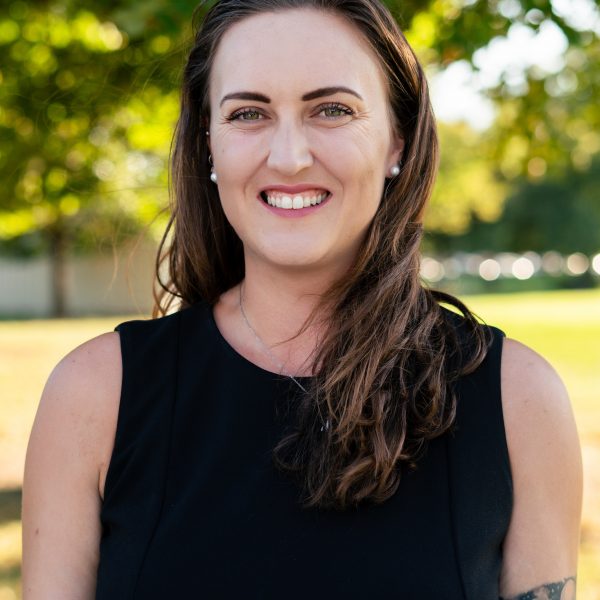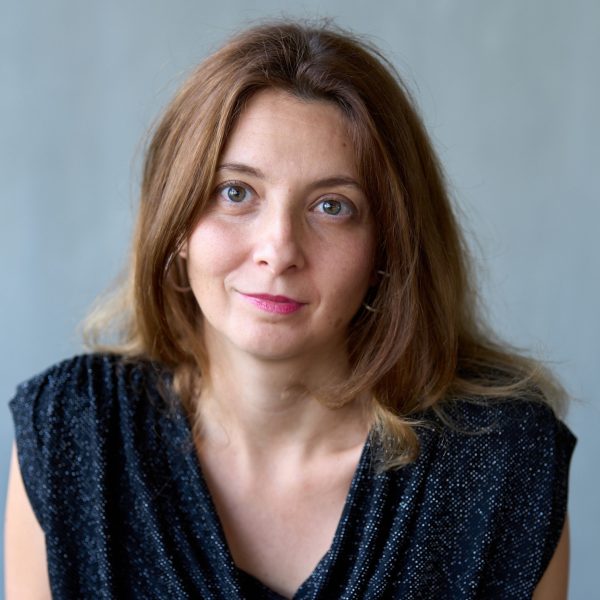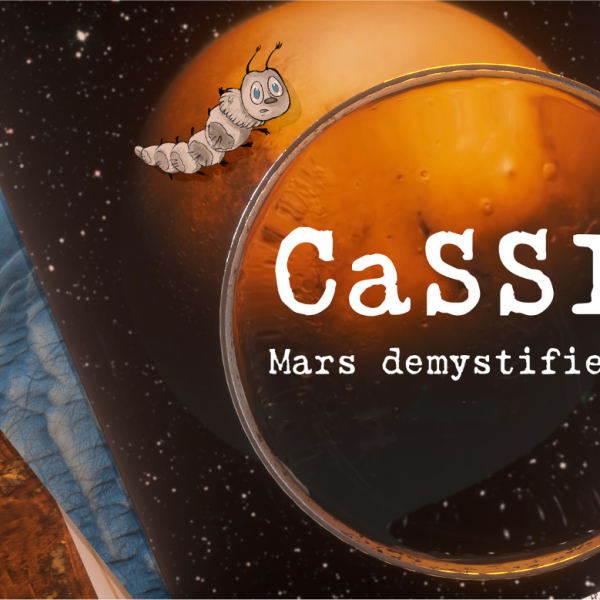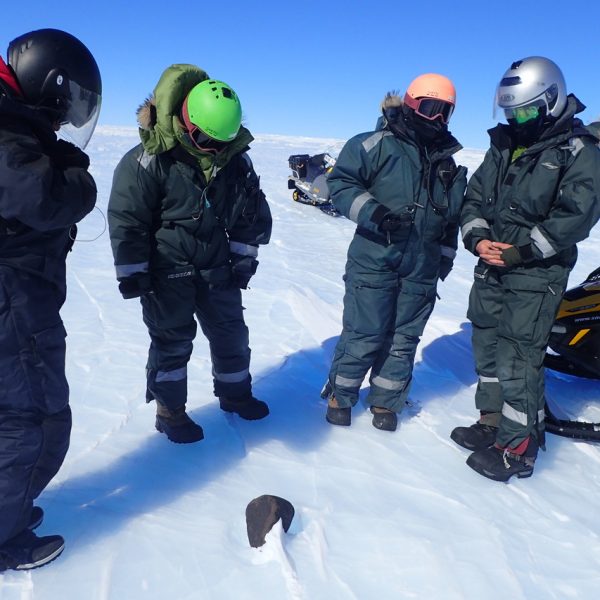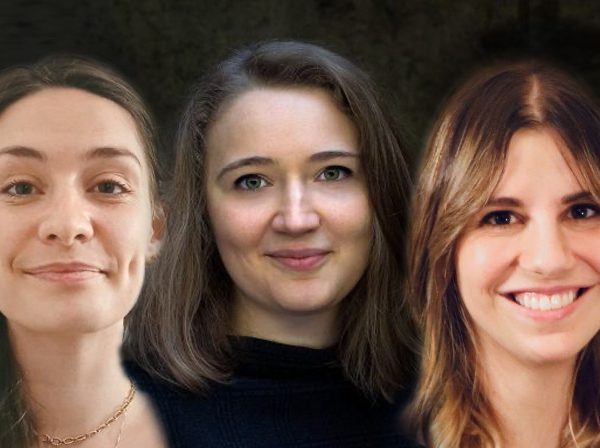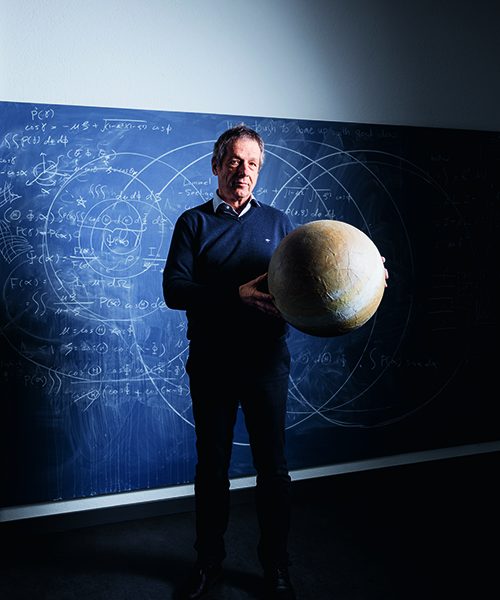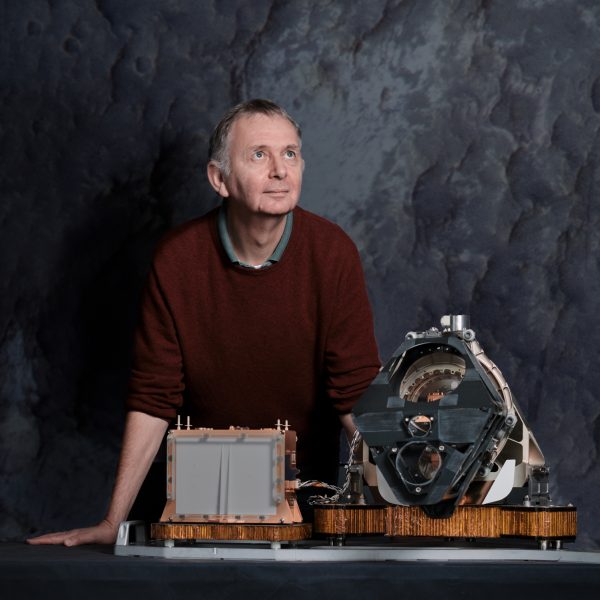user_portrait
Interview with PlanetS Alumni – Kaustubh Hakim
Kaustubh Hakim is passionate about understanding the chemistry of exoplanets. He is currently a research staff member at KU Leuven and the Royal Observatory of Belgium. He did a long-term postdoc at the University of Bern between 2019 and 2023. Before that, he obtained a PhD in Astrophysics and Geochemistry from the University of Amsterdam […]
Continue ReadingInterview with PlanetS Alumni – Andrin Kessler
Andrin’s journey started with a PhD with PlanetS after studying Theoretical Physics at the University of Bern. For four years, he researched the formation of planets using computer models as part of the Theoretical Astrophysics Group in Bern. He has recently chosen to leave academia, but he is still working on modelling the real world. […]
Continue ReadingInterview with PlanetS Alumni – Caroline Haslebacher
A nice anecdote she shared with us? “I am the kind of person who asks what the ‘S’ in PlanetS stands before even officially becoming a member.” Dr. Caroline Haslebacher is passionate about fractures in Europa’s ice shell and applies deep learning models to study them. She graduated with a PhD in Physics from the […]
Continue ReadingInterview with PlanetS Alumni – Emily Rickman
Dr. Emily Rickman is an astrophysicist for the European Space Agency (ESA) based at the Space Telescope Science Institute (STScI) in Baltimore, USA. STScI is home to the mission operations for the James Webb Space Telescope (JWST) and the Hubble Space Telescope (HST) of which Dr. Rickman serves as a science team member. She was […]
Continue ReadingFarinella Prize 2024 Awarded to Ravit Helled
NCCR PlanetS member Prof. Ravit Helled, of the University of Zurich in Switzerland, has been awarded the 2024 Paolo Farinella Prize for her outstanding contributions to research into ‘the internal structure of planetary bodies: clues on formation processes of the Solar System’. The award ceremony took place on the first day of the Europlanet Science Congress (EPSC) 2024 […]
Continue ReadingAn ever-growing series of prizes for CaSSIS Mars demystified
Take a space instrument orbiting mars, turn its Principal Investigator (PI) into a detective, add a hint of comic-style images, and you obtain… CaSSIS Mars demystified – a science short film winning a plethora of the awards around the world! The first episode of CaSSIS Mars demystified focused on dust devils, those sort of weak tornado-looking […]
Continue ReadingSearching for meteorites in Antarctica
Finding meteorites is no easy task. Despite this, a team of scientists including NCCR PlanetS member Prof. Maria Schönbächler from ETH Zürich, were successful on an expedition. Their secret? Going to Antarctica where they found several new meteorites between December 2022 and January 2023, including a unique piece weighing 7.6 kilograms. Looking for a needle […]
View GallerySecond #NCCRWomen campaign
Last November, the second #NCCRWomen campaign started, featuring again scientists from the NCCR PlanetS! #NCCRWomen is an initiative launched for the 50th anniversary of women’s right to vote in Switzerland (7th of February 1971). It puts under the spotlight, women from each NCCR, sharing their portrait on a dedicated Twitter account, looking back at their […]
Continue Reading“You have to be patient and persistent.”
The discovery of the first planet outside our solar system in 1995 gave an enormous boost to planetary research and the search for Earth-like planets. With the National Centre of Competence in Research (NCCR) PlanetS, which brings together researchers from the Universities of Bern, Geneva and Zurich and ETH Zurich, Switzerland is at the forefront […]
Continue ReadingThe man with the instruments in space
Nicolas Thomas wants to understand Mars, comets and the icy moons of Jupiter. To do so, he builds instruments that fly through space on of board space probes. By Brigit Bucher When asked how he came up with the idea of becoming an astrophysicist, the answer comes lightning-fast: “Quite clearly: because of the first moon […]
Continue Reading


